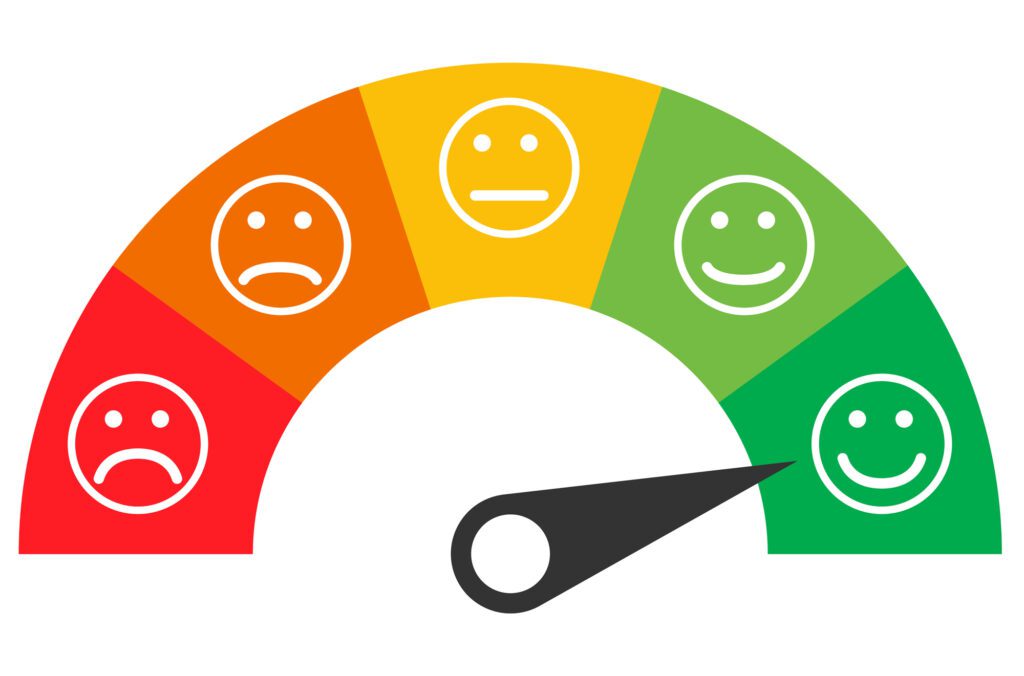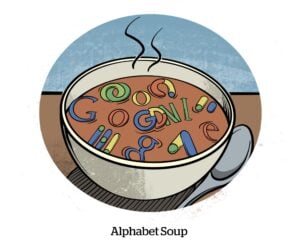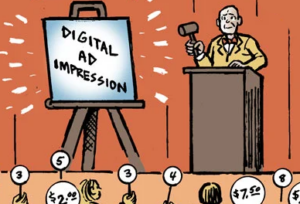With the cost of customer acquisition on the rise – and access to signal on the demise – brands need to invest more in customer retention.
It’s way cheaper and more efficient to keep existing customers than it is to attract new ones or to woo back the disgruntled.
But it’s often not clear exactly what’s driving customer satisfaction or what might be turning customers off, said Nicolas Rieul, co-CEO and co-founder of Actionable, a Paris-based startup that specializes in applying predictive AI to analyze customer satisfaction.
On Tuesday, Actionable announced its pre-seed funding of 2 million euros (just under $2.2 million) led by Axeleo Capital with participation from early-stage VC firm Source Ventures. A throng of more than 30 angels also contributed, including the CEOs of Vibe.co and Greenbids, the managing director of Equativ and several of Rieul’s former Criteo colleagues.
Rieul spent more than four and half years as an executive at Criteo in France with a focus on retail media and marketing solutions in the Southern European market before leaving earlier this year.
On that score
The inspiration for creating Actionable is right there in the company’s name, Rieul said. The startup’s aim is to help companies predict whether their customers are satisfied and then take action on that information.
Most businesses already track their net promoter score (NPS), which is a metric to gauge customer loyalty. It’s essentially a measure of how likely someone is to recommend a company’s products or services.
But while that’s good to know, NPS doesn’t tell the whole story, Rieul said.
NPS is calculated from infrequently collected survey data – and who answers surveys? Usually, only customers who are either very satisfied or very pissed off, which doesn’t tell you anything about the people in the middle, and they’re the majority.
“You’ll get a sign of where to focus your attention first with NPS,” Rieul said, “but not insight into what 80% or more of your customer base is thinking.”
Surveys are also limiting in that you can only get answers to the questions you ask. But there’s a ton of other data businesses can analyze to figure out what’s driving satisfaction or its absence.
“There’s so much untapped data in companies, usually because it’s in silos in different departments,” Rieul said. “And you can use this data to make predictions without making people take a survey.”
The ‘action’ in satisfaction
Actionable is developing its own machine learning models to automatically analyze a company’s first-party data across all of its customers on a daily basis.
CRM, transactional info, payment data, customer service tickets from Zendesk, digital analytics from Amplitude and Mixpanel – it’s all important. Every aspect of a customer’s experience can have an impact on their level of satisfaction, Rieul said.
If there was an issue with a purchase, how quickly was it resolved? What’s the average basket size? What payment options are available? In the case of a B2B interaction, how long did it take to close a deal?
“You can start to see patterns and correlations in terms of what’s keeping people happy or not,” Rieul said.
One of Actionable’s beta clients, Vibe.co, an SMB-focused CTV ad platform, is using the tech to understand how often account reps have to interact with clients to keep them satisfied, which can vary a lot depending on the company.
It might turn out, for example, that there’s high client satisfaction and retention when account managers reach out at least every X number of days. Any less frequently, and satisfaction noticeably drops. But for a different company, the inflection point might be very different.
“If you don’t understand this,” Rieul said, “how do you know what KPI to give your team?”
The scientific method
Rieul and Nans Thomas, his co-founder and co-CEO, will use most of their funding on R&D and hiring, mainly mathematicians and natural language processing experts to work on the prediction algorithms.
Actionable currently has six employees, including Rieul and Thomas, who, fun fact, in addition to previously serving as CTO and chief product officer at a bunch of different tech startups, also has experience working on AI for disease detection and prediction in agriculture.
And if you think about it, building an artificial intelligence model for predicting customer satisfaction isn’t all that different from an AI model for predicting agricultural diseases.
“It’s about answering questions scientifically,” Rieul said. “You apply the scientific method to different kinds of data and you learn.”













